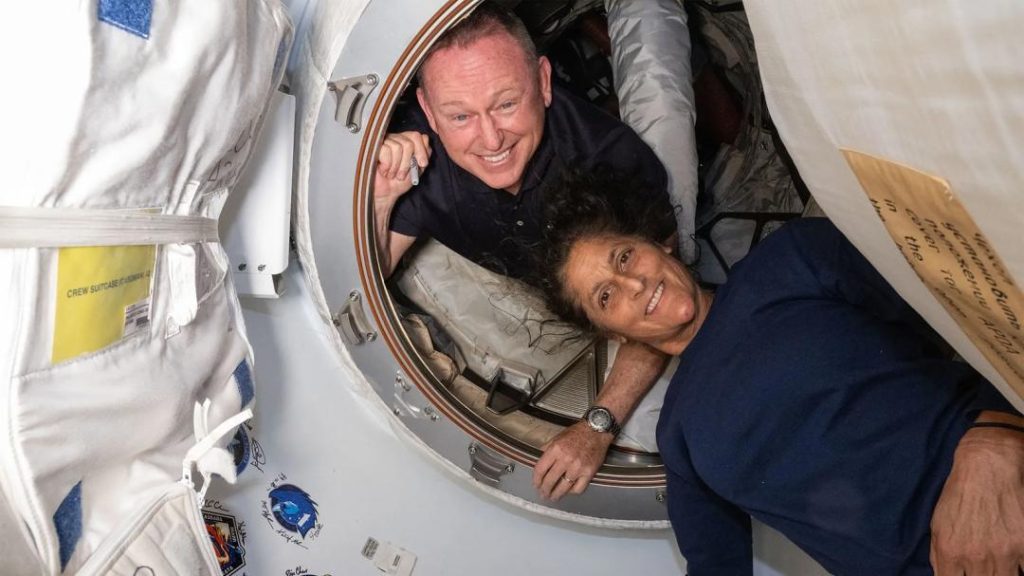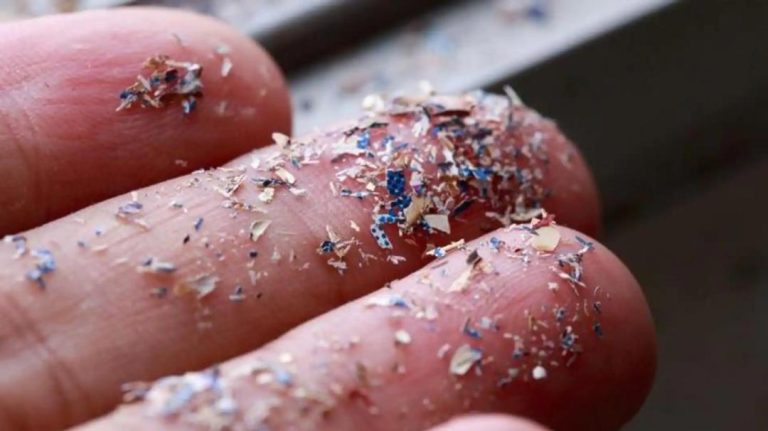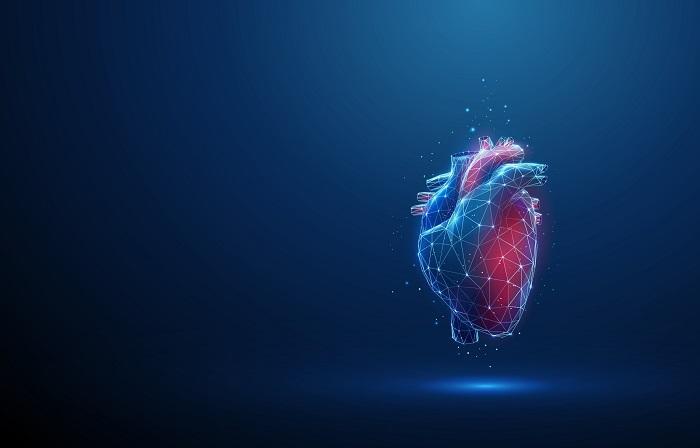
Title: What challenges will Sunita Williams & Butch Wilmore face after returning to Earth?
As astronauts Sunita Williams and Butch Wilmore prepare to return to Earth next week, they are likely to face a host of challenges that will make their readjustment to life on our planet a daunting task. According to reports, they may experience trouble walking due to a condition known as “baby feet” caused by the loss of bone density in space.
Sunita Williams, an American astronaut, is set to return to Earth after spending seven months on the International Space Station (ISS). She will be accompanied by Butch Wilmore, another American astronaut, who has been on the station for six months. Their return marks the end of a long and grueling journey in space, but it also signifies the beginning of a new set of challenges that they will face on their return to Earth.
One of the most significant challenges that Williams and Wilmore will face is the loss of bone density they experienced during their time in space. Prolonged exposure to microgravity can cause the human body to lose up to 20% of its bone density, which can lead to a range of health problems, including osteoporosis and fractures.
To counter this loss, astronauts undergo a regimen of physical exercise while in space, which helps to maintain their bone density. However, even with this exercise, they will still experience some loss of bone density, which can make it difficult to walk and move around after their return to Earth.
In addition to the loss of bone density, Williams and Wilmore will also have to contend with the effects of microgravity on their bodies. For example, they may experience “baby feet” – a condition where their feet become flat due to the lack of gravity. This can make it difficult for them to walk and move around, especially during the initial stages of their return to Earth.
Another challenge that Williams and Wilmore will face is the loss of blood volume in space. Prolonged exposure to microgravity can cause the human body to lose up to 15% of its blood volume, which can lead to a range of health problems, including dizziness, nausea, and even fainting.
To combat these effects, astronauts undergo a regimen of physical exercise while in space, which helps to maintain their blood volume. However, even with this exercise, they will still experience some loss of blood volume, which can make it difficult to adjust to life on Earth.
In addition to these physical challenges, Williams and Wilmore will also have to contend with the psychological effects of their time in space. Prolonged exposure to microgravity can cause astronauts to experience a range of psychological symptoms, including anxiety, depression, and even hallucinations.
To combat these effects, astronauts undergo a regimen of psychological counseling while in space, which helps to maintain their mental health. However, even with this counseling, they will still experience some psychological effects, which can make it difficult to adjust to life on Earth.
In conclusion, the return of Sunita Williams and Butch Wilmore to Earth next week will mark the beginning of a new set of challenges for these astronauts. From the loss of bone density and blood volume to the psychological effects of their time in space, they will have to contend with a range of health problems that will make their readjustment to life on our planet a daunting task.
Despite these challenges, Williams and Wilmore are well-equipped to handle them. They have undergone rigorous training and have been prepared for the challenges they will face on their return to Earth. With the help of their medical teams and the support of their families, they will be able to overcome these challenges and return to their normal lives.
As we bid farewell to Williams and Wilmore as they return to Earth, we can’t help but marvel at their bravery and determination. Their time in space has been a remarkable achievement, and their readjustment to life on our planet will be a testament to their strength and resilience.






